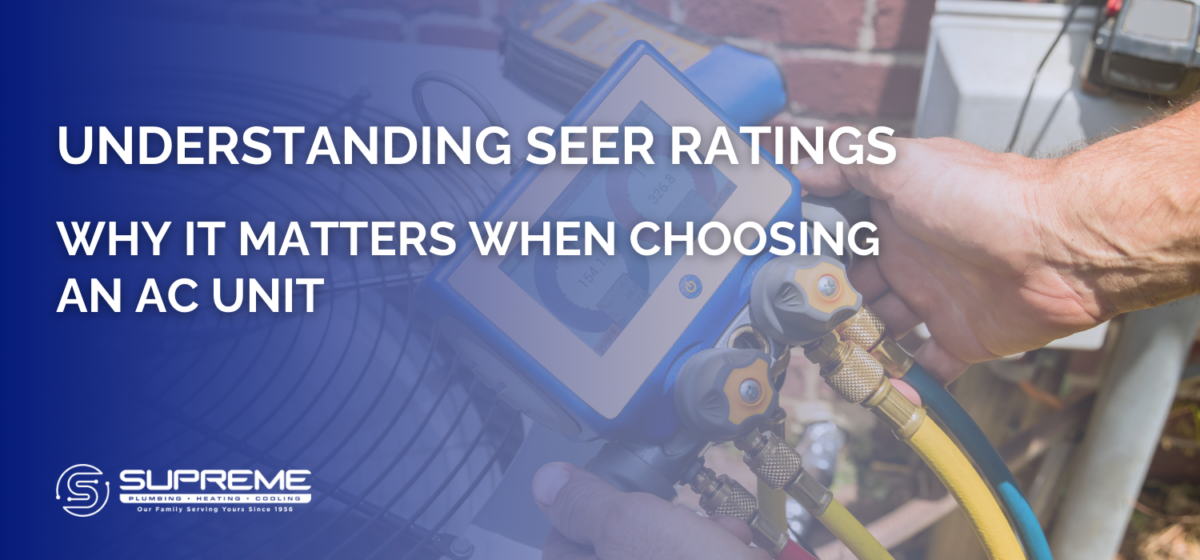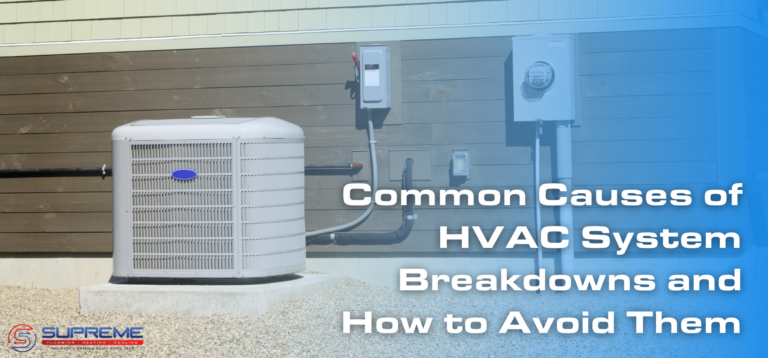If you’ve been looking at AC units, you may have come across the term ‘SEER rating’, but what does it mean, and why is it important?
Understanding SEER ratings can help you make a more informed decision when choosing your next AC unit, making sure your home stays cool while keeping energy costs in check.
What Does SEER Mean?
SEER stands for Seasonal Energy Efficiency Ratio. It’s essentially a measure of how efficiently an air conditioning unit converts electricity into cooling power. Think of it like your car’s gas mileage - the higher the SEER rating, the more cooling you get per unit of electricity used.
The SEER rating is calculated by taking the total cooling output of an AC unit (measured in BTUs) over a typical cooling season and dividing it by the total energy consumed (measured in watt-hours). A more efficient unit typically means lower energy bills and a reduced environmental impact, so it’s definitely something to pay attention to! While the initial cost of a higher SEER-rated unit might be higher, the long-term savings in energy consumption can make it a worthwhile investment.
What Are Good SEER Ratings?
The U.S. Department of Energy (DOE) updates efficiency standards for systems, making sure that new units meet specific SEER requirements before they can be sold or installed in the U.S. The latest SEER requirements went into effect in 2023.
Minimum SEER Ratings: In Northern regions, new air conditioners must have a SEER rating of at least 14, while in Southern regions, the minimum is 15.
14-15 SEER: This is the required baseline, depending on your location. These units are typically more affordable but may not offer the best long-term energy savings.
16-18 SEER: A solid middle ground - these units balance energy efficiency and cost-effectiveness, usually providing noticeable savings on energy bills.
19-21+ SEER: These high-efficient units offer the best energy savings and performance, though they come with a higher initial price tag.
Things to Look for When Choosing an AC Unit
- Home Size & Layout: Larger homes generally require a more powerful system.
- Climate: If you live somewhere with long, hot summers, a higher SEER rating will help keep energy costs more manageable.
- Budget: While high-SEER units cost more upfront, they often pay for themselves over time in energy savings. Consider your long-term investment.
- Features: Some models come with variable-speed motors, smart thermostats, and zoning capabilities that can improve efficiency even further.
Choosing the right AC unit depends on your home’s specific needs, climate, and budget. If you’re unsure, working with an HVAC professional helps take the guesswork out of the process.
Keep Your Home Cool with Supreme PHC
Understanding SEER ratings is an important part of choosing an AC unit. If you’re looking for expert guidance in choosing the right AC unit for your home, our team at Supreme PHC is here to help!
We’ll walk you through the options, break things down for you, and help you find a cooling solution that makes sense for your home and budget. Contact us today to schedule your appointment!












